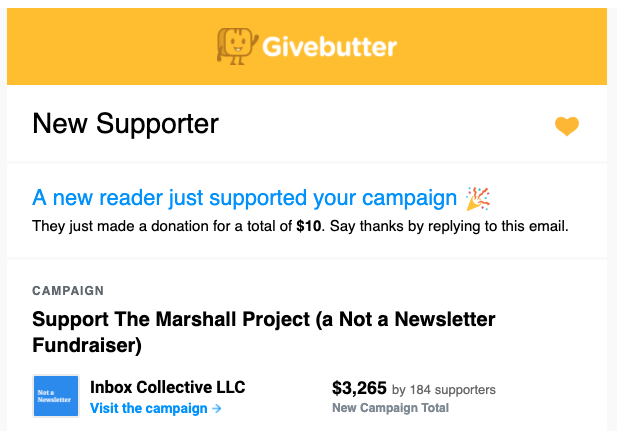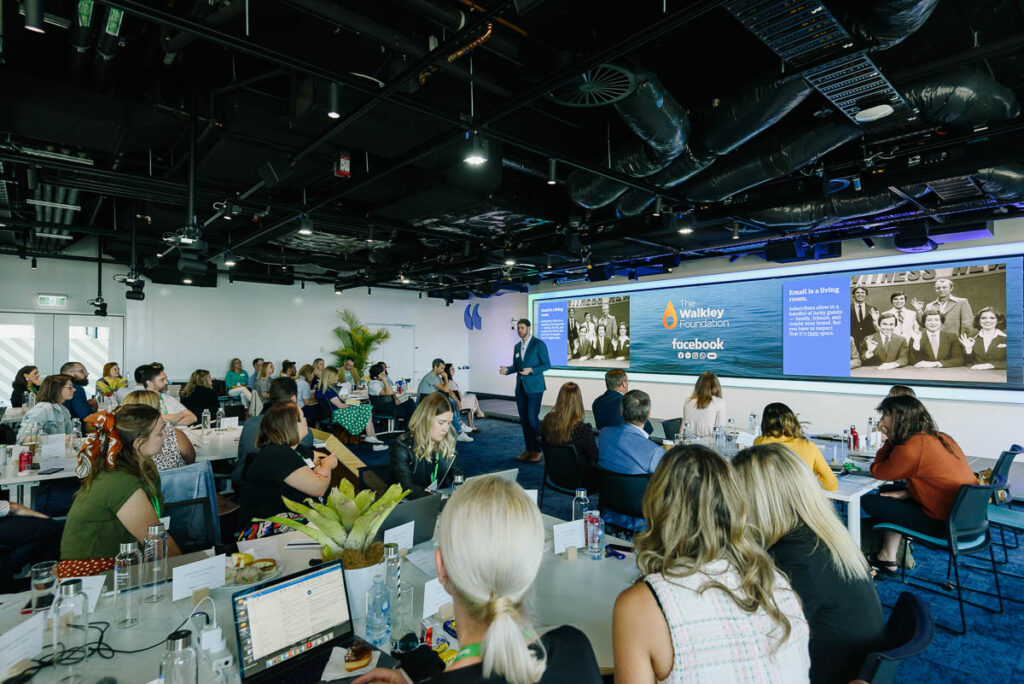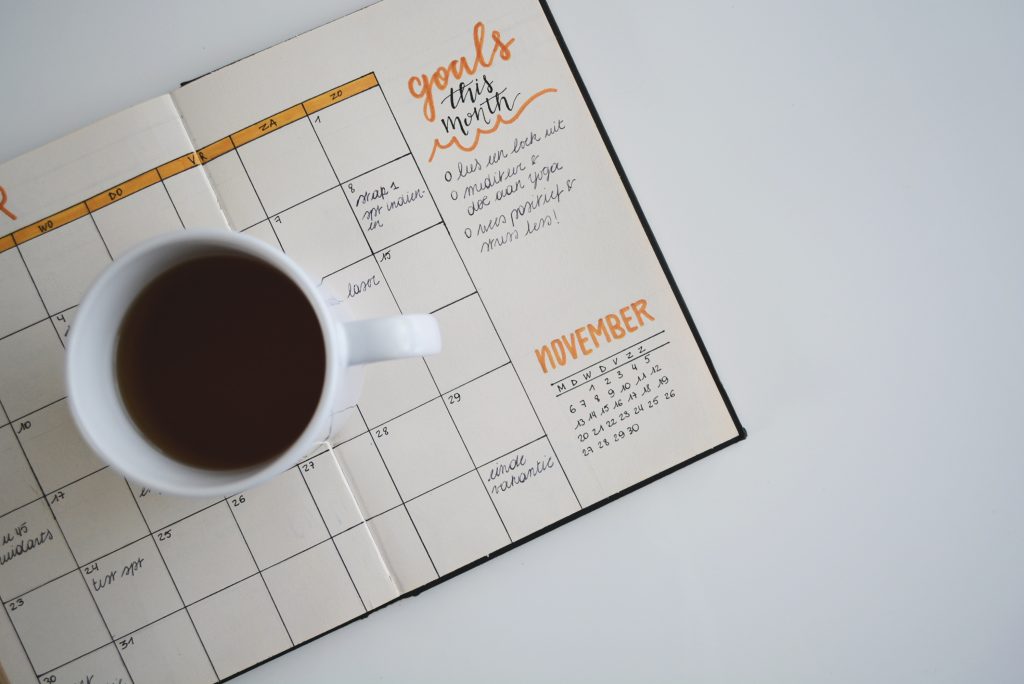
There’s a famous quote from golfer Arnold Palmer about the sport: “Golf is deceptively simple and endlessly complicated.” Arnie’s absolutely right about golf: It doesn’t seem all that complicated until you really start to get into the sport. There are how many different ways to swing a club? To chip? Even to grip a club? The objective is simple — get the ball in the hole in as few strokes as possible — but the ways to achieve that goal are limitless.
The same is true with so much of the work we do. I had a conversation this week with one of my clients about the daily newsletter they want to launch. The goal with their newsletter is simple: Give readers a quick daily update to catch up on the day’s news. But the ways to deliver that to readers are endless. Do they want to have it come from a single writer or from a generic voice? Do they want to send it in the morning, afternoon, or evening? Should they focus on bringing readers stories in the inbox or requiring them to click out? How many stories should they include? What kinds of stories would make sense to include? I’d go on, but you get the idea: A single newsletter will end up being the result of dozens of different questions.
But what I’d tell you if you were learning to play golf or learning how to launch a newsletter: Keep it simple for as long as you can. It’s easy to overcomplicate things at the start. As you learn more, you’re going to want to try more advanced tactics. Save all of that for another day — and just focus on starting with the basics for now.
———
That photo of a golfer comes via Matt Aylward and Unsplash.








